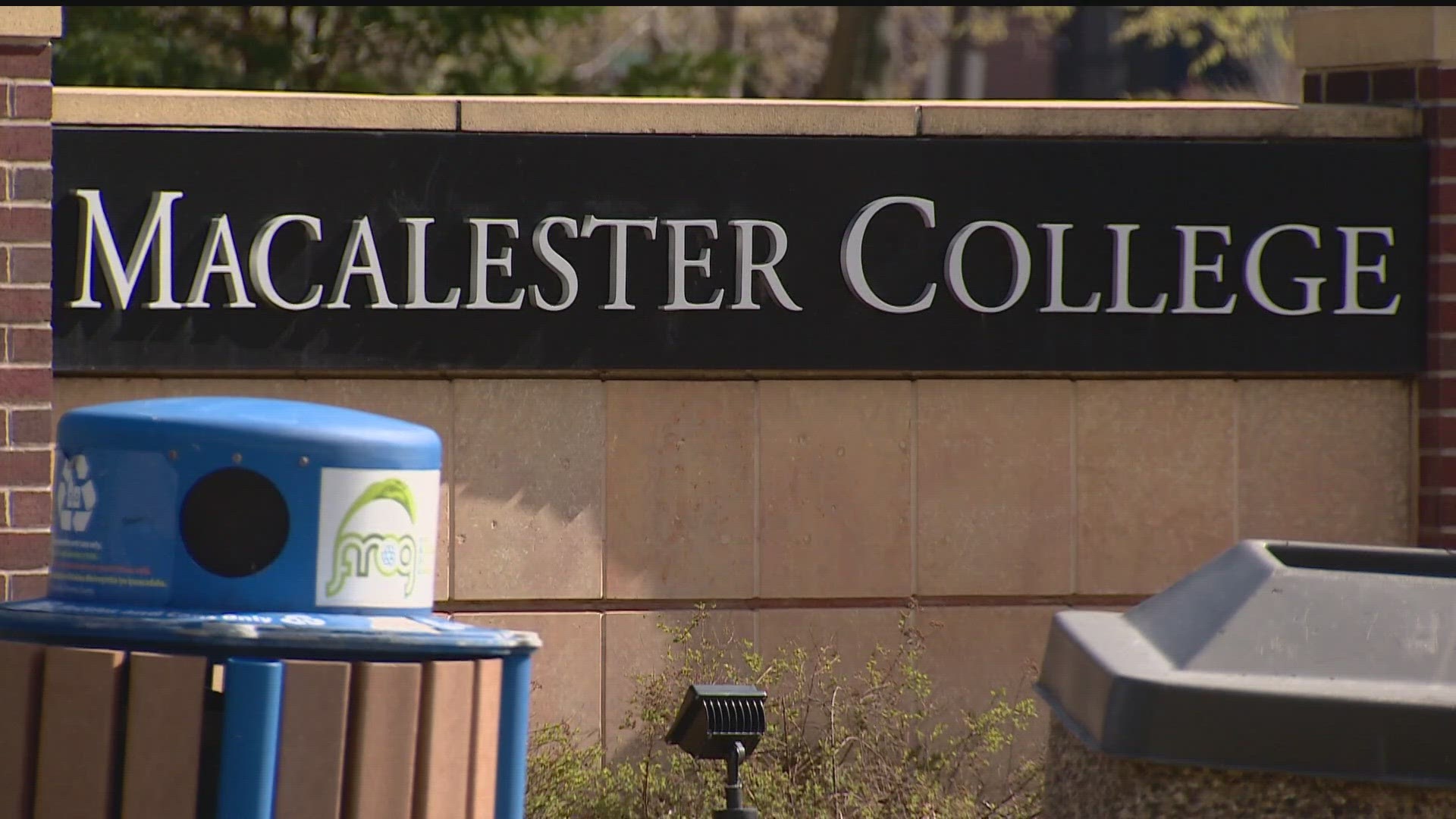MINNEAPOLIS — The landmark Supreme Court decision on affirmative action is drawing a major reaction from across the country including Minnesota.
While some organizations said they didn't expect the decision to change their processes, other Minnesota colleges said they're trying to figure out what this means for admission policy.
In a statement from the University of Minnesota Provost, Rachel Croson said the school is working to "ensure that our processes in undergraduate, graduate, and professional education are compliant with the new state of the law and that we continue to live out our values of inclusion and access."
Meanwhile, Minnesota State Colleges and Universities said it's trying to ensure diversity won't be missing from campuses inside and outside of its system.
"It may be seen as an initial blow," said Andriel Dees, the vice chancellor for equity and inclusion at the Minnesota State system office. "But it's really up to us to really rally around our communities of color and make sure that everyone sees themselves as a part of higher education.
Dees said race currently does not have a criterion in its admissions process.
"Even though we are open access, we know that this has an effect on all of our sister institutions throughout the state," said Dees.
The University of St. Thomas also does not include any race-based criteria in its admissions decisions.
"As the implications of this ruling continue to unfold, the university will work closely with legal counsel to determine any potential impacts on our future admissions practices," the university said in a statement. "The university remains dedicated to building and retaining a diverse student body and increasing access to higher education."
Macalester College President Suzanne Rivera said regardless of what changes legally, Macalester will find ways to ensure its campus isn't missing out on important voices.
"It's possible, for example, that some of the questions that are asked on the common app where students are requested to self-identify their racial or ethnic background may go away," said Rivera. "I think that's going to cause colleges and universities striving to create diverse classes to do more work in order to holistically assess each applicant."
Andy Warriner is a junior at the University of Minnesota and co-president of Mi Gente Latinx Student Cultural Center. They're worried about missing voices when students return.
"We need these voices," Warriner said. "Affirmative action is what brought us up to this level. It's not that just affirmative action got us here. It's our resumes, our participation in school, and our grades. But it uplifts us into this space."
Celeste Conteh is part of multiple organizations at the University of St. Thomas. She will be the incoming president of the college's Black Empowerment Student Alliance.
"It's disappointing but not surprising," she said. "I feel like ultimately thinking of equality as just like colorblindness is intentionally misleading at best, and like actively malicious at worst."
Conteh said she has siblings and cousins that aren't of college age yet. She worries about their future opportunities.
"The systems that were previously in place to help them and accommodate them are just being stripped away," she said. "It's really frustrating."
Watch more local news:
Watch the latest local news from the Twin Cities and across Minnesota in our YouTube playlist:

